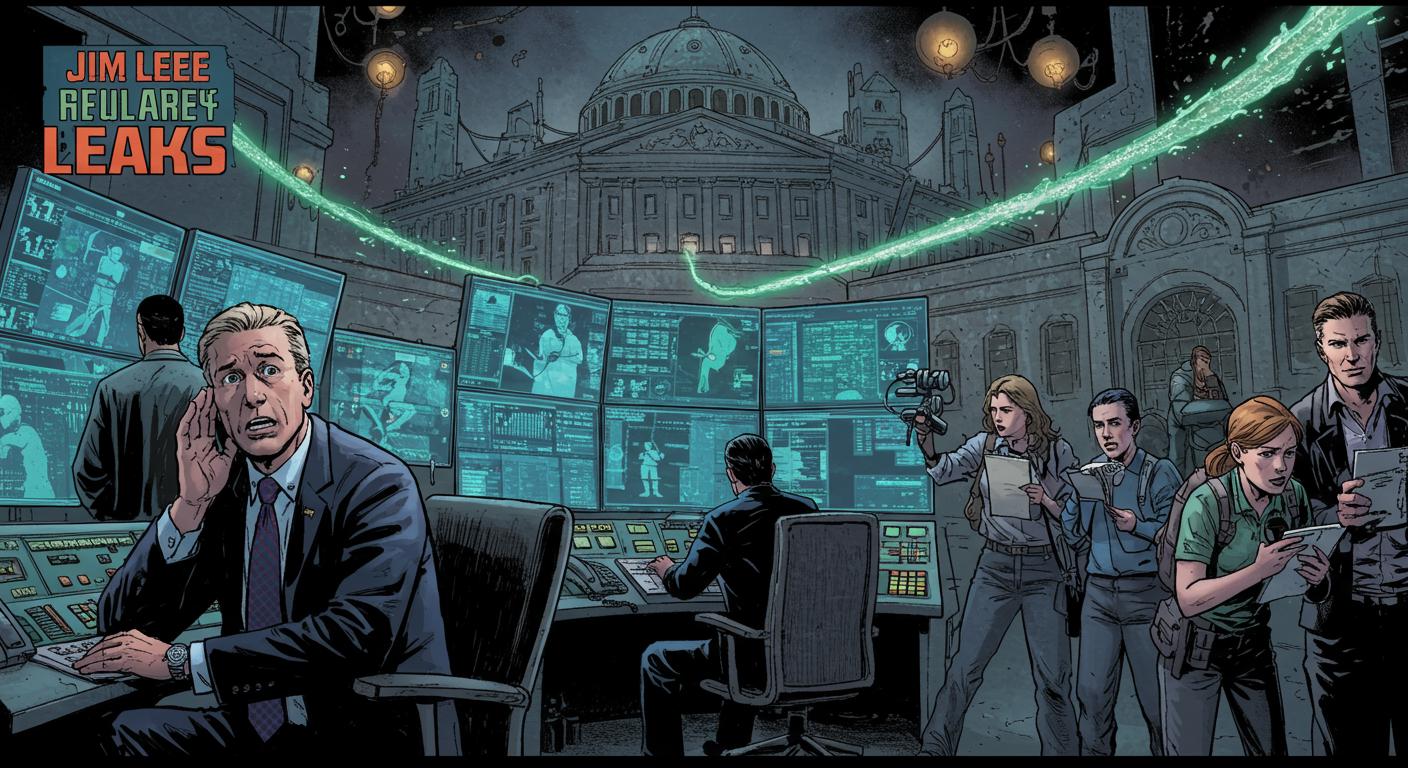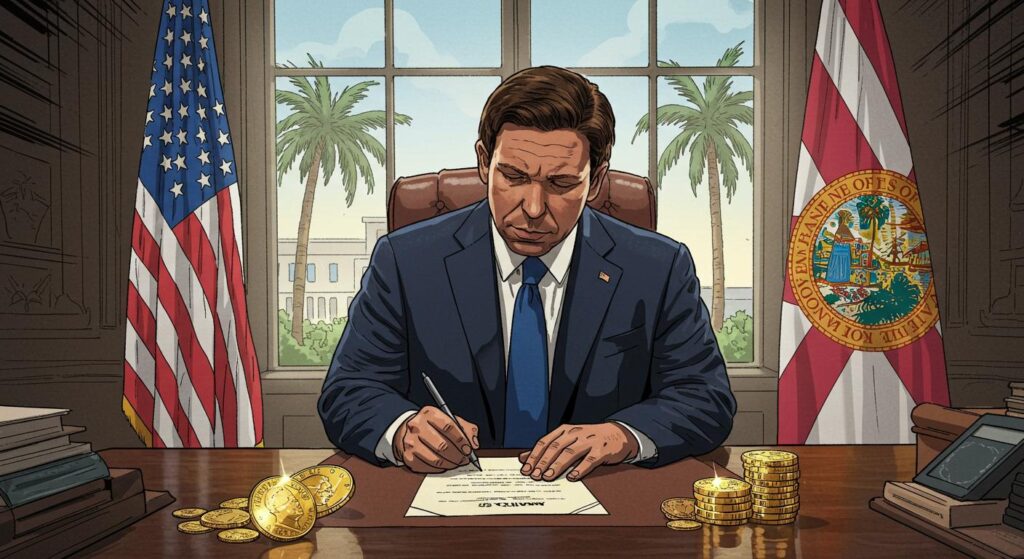If you ever find yourself in charge of plugging leaks, it pays to remember that the tighter you squeeze, the leakier things tend to get. Nothing illustrates this quite so perfectly as New Zealand’s latest episode, where a confidential crackdown on leaking was—unsurprisingly—promptly leaked. Sometimes, irony feels less like a literary device and more like a memo with a wide carbon copy list.
When the Crackdown Springs a Leak
The saga begins, as RNZ reports, with the Public Service Commissioner Sir Brian Roche’s stern attempt to stem a tide of leaks. In an email sent out to staff—one that, in a twist worthy of a sitcom, was itself leaked to RNZ—the message hammered home that leaking information breached the core values of public service and “must stop.” Roche made it clear, “I expect public service chief executives to take every possible action to ensure any leak is investigated and where appropriate those responsible are exited from our employment.” At the heart of this stern warning was an insistence that leaks undermine the government and break the code of conduct.
RNZ also documents that this warning was circulated just hours after a confidential pre-Budget decision, reported by the media, had its publication halted by a court injunction at the government’s request. In the months leading up to this, leaks surfaced concerning everything from a $118 million Kāhui Ako education program, to health data team restructuring, to advisory group reports and legislation on the Treaty Principles Bill—each surfacing in the headlines before officials seemed ready for public eyes.
According to RNZ, the official guidance encouraged any uneasy staffers to approach their manager or a trusted contact within the ministry—though notably, this suggestion appeared in the department head’s email to staff, not in Sir Brian’s memo to chief executives. Green Party spokesperson Francisco Hernandez weighs in within this same report, pointing to a “symptom of a public service that was seeing its advice and evidence ignored,” arguing that the rise in leaks is a manifestation of a wider frustration and perceived contempt for democratic process. Hernandez stops short of condoning leaks but suggests that an unhealthy governmental culture, including ministerial “interference” as shown in recent Official Information Act responses, has left public servants “feeling frustrated and sidelined.” It’s perhaps unsurprising then, as RNZ details, that the press becomes the natural outlet when formal channels feel blocked.
Tightening the Valves, American Edition
Recursion aside, a parallel drama plays out stateside with the U.S. government’s anti-leak efforts escalating to almost theatrical proportions. A detailed Reuters investigation illustrates the intensity: after even mundane details—like plans to hire a government driver—surfaced in the media, agencies from the Department of Homeland Security (DHS) to the Department of Justice began deploying polygraph tests on staff. As Reuters reveals, at DHS, the mere suspicion of talking to the press became grounds for mandatory polygraphs, with refusal tantamount to insubordination and cause for termination.
Polygraphs, whose reliability remains controversial in courtrooms, have nonetheless become a prominent tool. The outlet documents incidents where staffers found themselves on paid leave after inconclusive results, while at least one employee resigned rather than submit to a test. DHS managers even required employees to sign non-disclosure agreements about these examinations. Quoting a DHS spokesperson, Reuters reports the department as being “unapologetic” about its drive to root out leakers, regardless of rank or tenure.
This ethos, as the outlet also notes, extends to tightened press access. In a memo announced Friday, described in EconoTimes, Defense Secretary Pete Hegseth ordered that reporters now need official escorts to enter most areas of the Pentagon, explaining the need to safeguard national intelligence and operational security. Journalists will now also be issued new, conspicuous credentials and must acknowledge their duty to safeguard sensitive information. The Pentagon Press Association didn’t mince words in its criticism, framing this as a “direct attack on press freedom” and noting that press access had remained broader even during major historical crises.
EconoTimes further relates that this policy shift is accompanied by office rotations that make space for more ideologically aligned outlets, with major legacy newsrooms being ushered out in favor of conservative-leaning media. The White House, meanwhile, doubled down on polygraph authorizations for Homeland Security officials, keeping up a drumbeat of zero-tolerance on unauthorized disclosures.
As Devdiscourse documents, this environment has led to a tangible climate of fear and rising tension among federal workers. Polygraph rollouts and heightened scrutiny over even unclassified information are, critics contend, less about protecting national security and more about stifling dissent and preserving image. The outlet highlights that, while historical leaks have occasionally been in the public interest, this current zeal is raising alarm bells for transparency advocates who warn of eroding accountability and rising staff anxiety.
Earlier in the Reuters investigation, it’s mentioned that these efforts to root out leaks have a dual purpose: not only plugging information leaks, but also purging employees considered disloyal to the administration’s political agenda. DOJ records cited in the report indicate that both Democratic and Republican administrations have energetically pursued leakers—Obama prosecuted more leak cases than any prior president, and Trump’s first term was on track to outpace even that. Notably, Reuters points out that prosecutor rules have shifted again: Attorney General Pam Bondi’s directive now makes it easier for investigators to seize journalists’ records relating to non-classified leaks, reversing policies from the previous administration.
Leakproof? Hardly
If the goal of these anti-leak crackdowns is to seal up sensitive information, the evidence so far doesn’t exactly inspire confidence. A crackdown that itself leaks; a parade of memos swiftly routed to journalists; escalating secrecy that only fuels suspicion—all detailed across multiple reports—form a portrait less of control than of recursive chaos.
Governments do have a genuine stake in safeguarding some information. Not every leak is heroic, nor every memo destined to be public. But the spectacle described by RNZ, Reuters, EconoTimes, and Devdiscourse—of leak-prevention efforts spawning more leaks, of heavy-handed investigations and shrinking press freedom—raises the question of what’s truly gained in the process. Does poison-tipped secrecy build trust? Or do these Sisyphean measures simply reroute leaks into more unpredictable, and perhaps more public, channels?
Contextualized in history, as Reuters details, the impulse to clamp down tightly seems only to make the eventual ruptures larger: the more rules, the bigger the leak when one inevitably springs free. Is it possible that the real challenge isn’t stopping leaks entirely, but cultivating a culture where fewer people feel compelled to reach for that emergency exit to the press? Otherwise, we’re bound to see more “leaked anti-leak crackdowns” in an endlessly looping feedback—a comedy of errors with a well-worn script. What, exactly, does it accomplish when the act of preventing leaks becomes the story itself?







